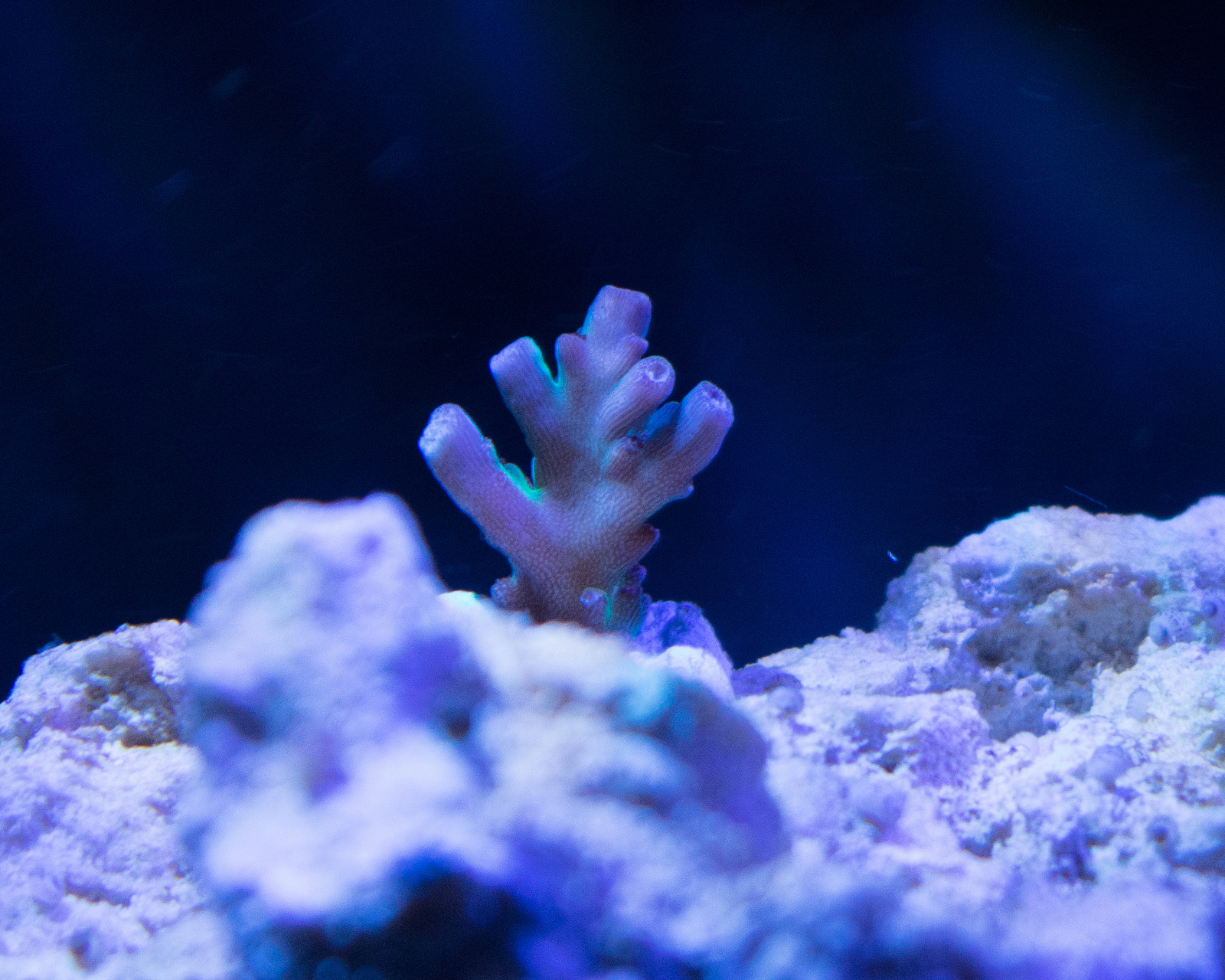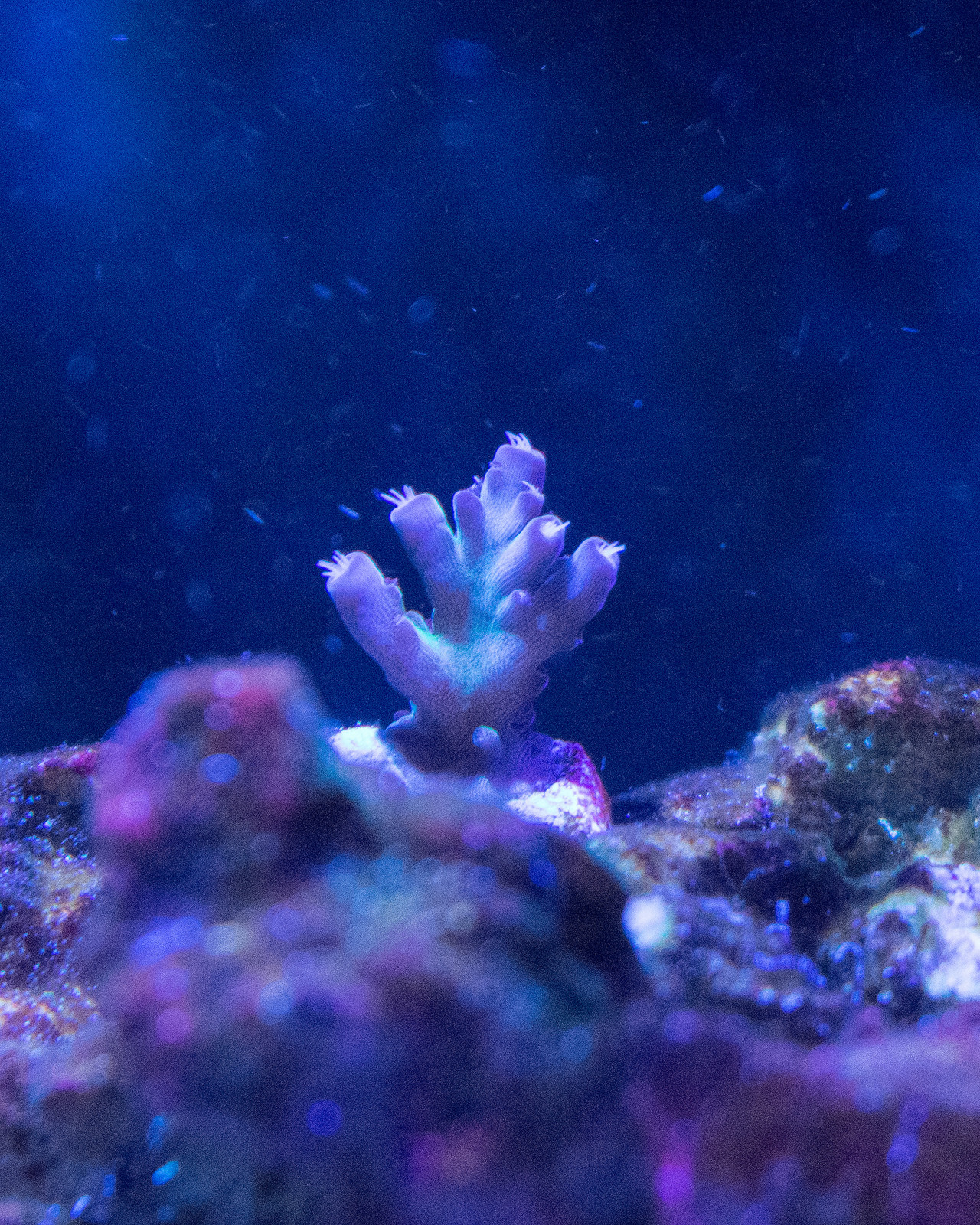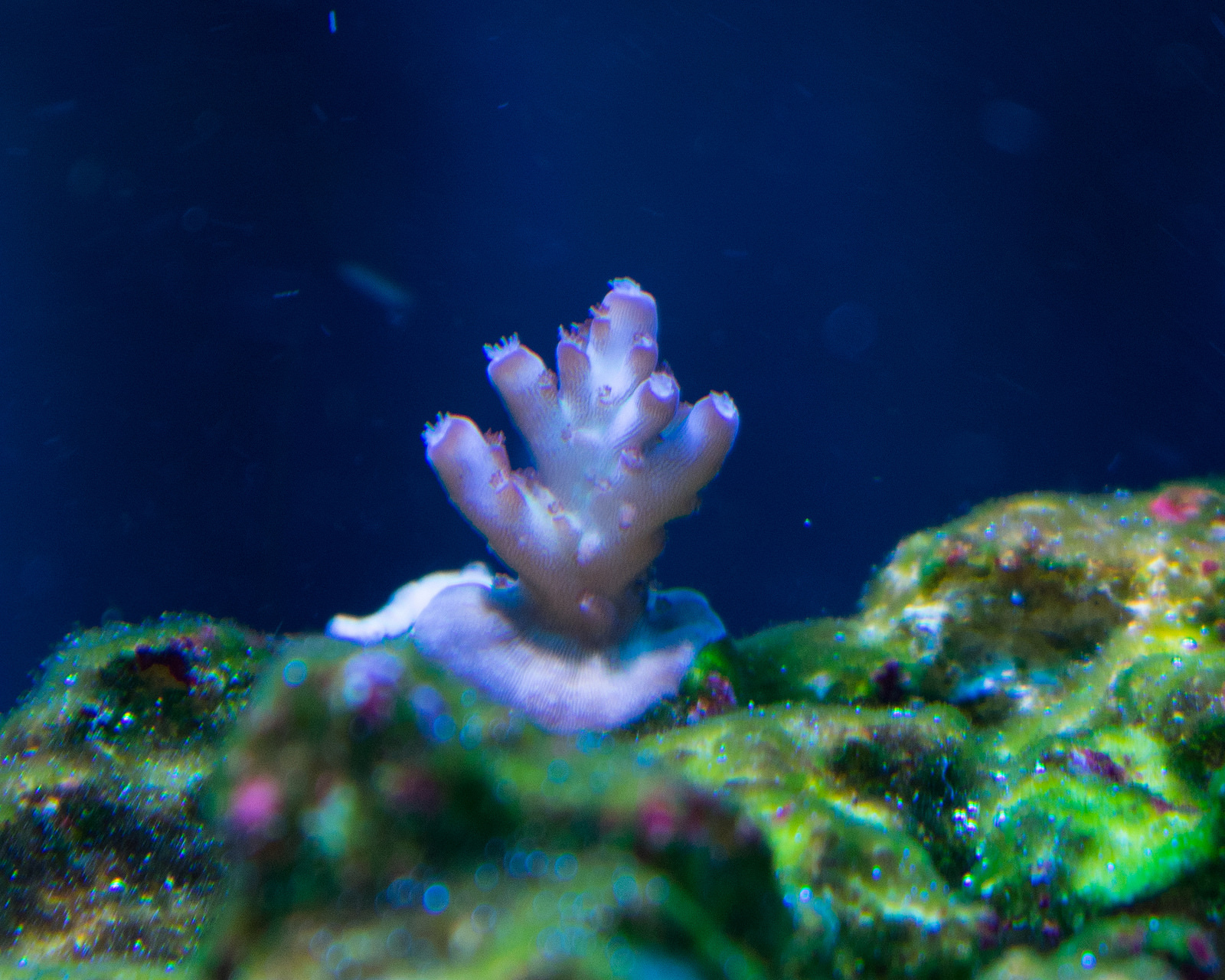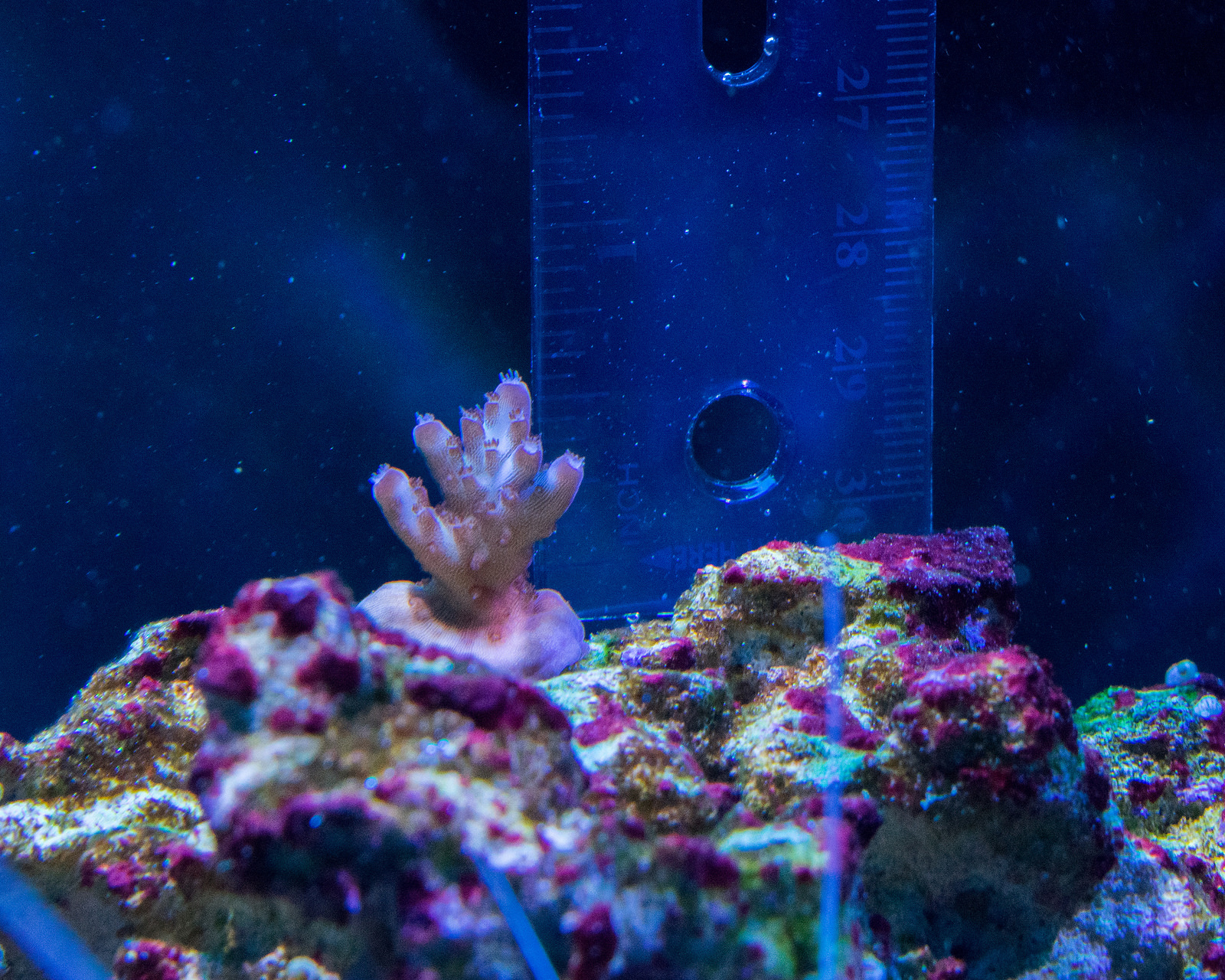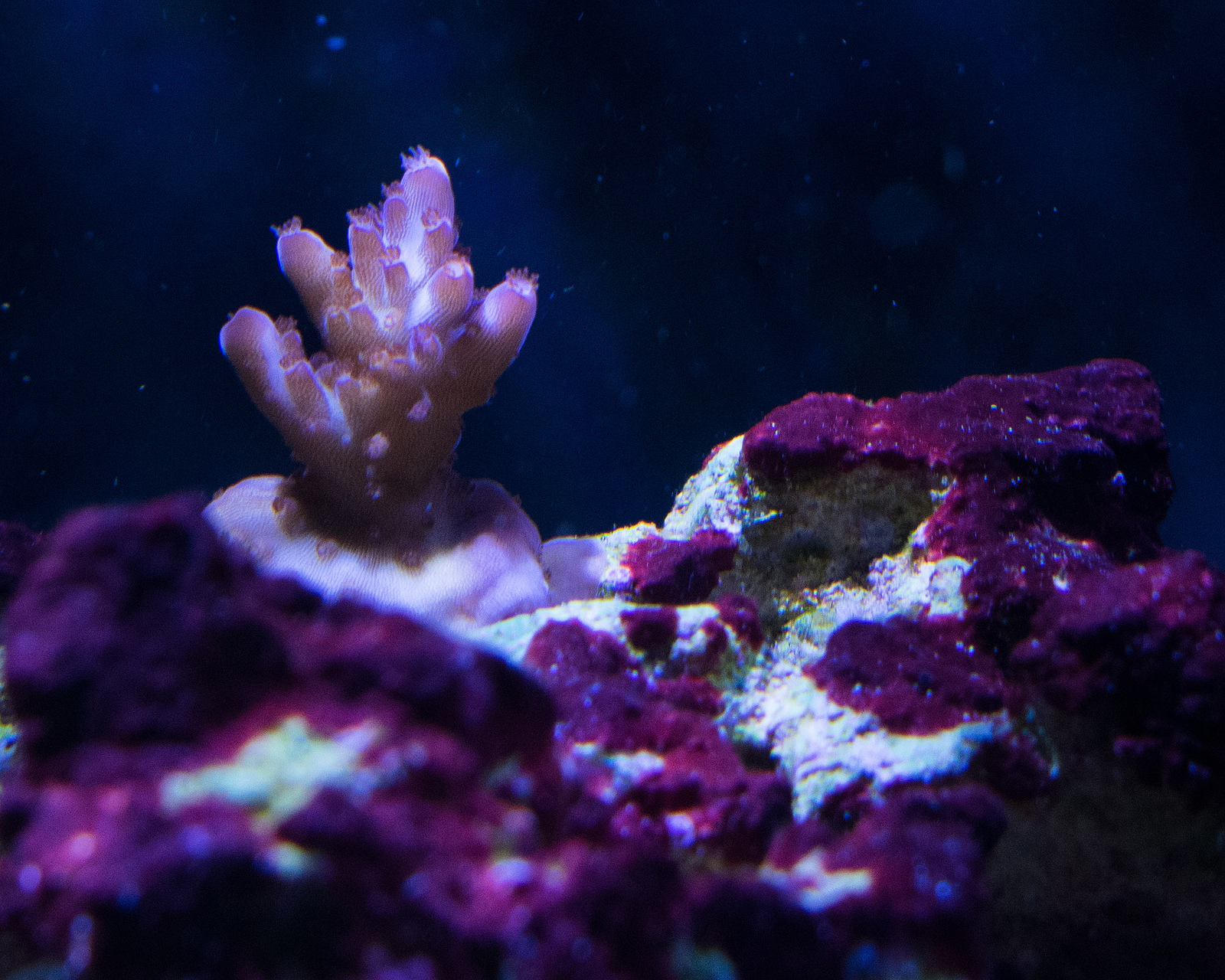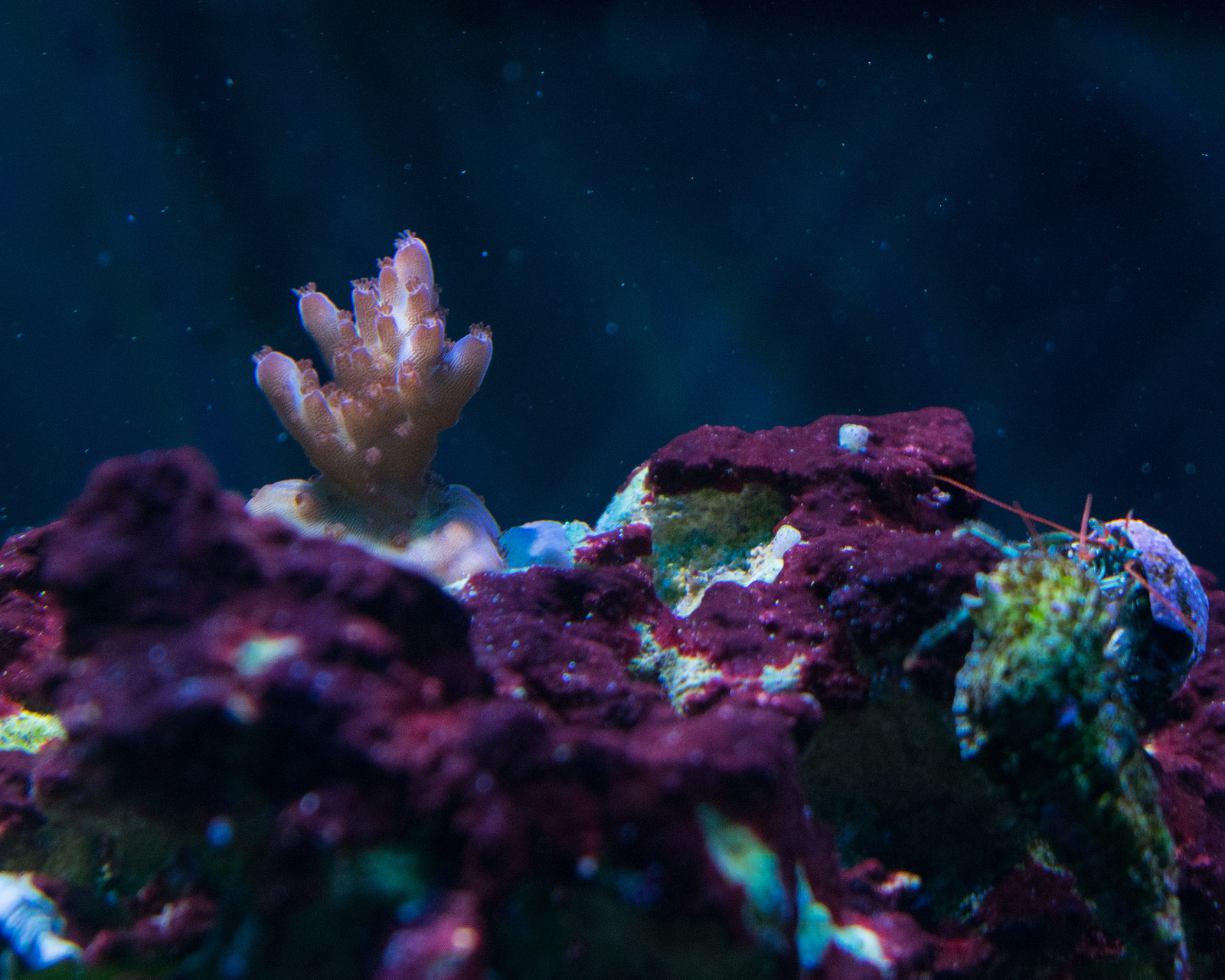I prefer live rock, but as it's difficult to find in my part of Canada. So I went with a mix of real reef rock and dry rock I had laying around.
I would also settle for aquaculture live rock that is cultured in the ocean, like the Florida stuff, but can't find that either.
Sometimes it sucks in Canada...lol
I would also settle for aquaculture live rock that is cultured in the ocean, like the Florida stuff, but can't find that either.
Sometimes it sucks in Canada...lol










